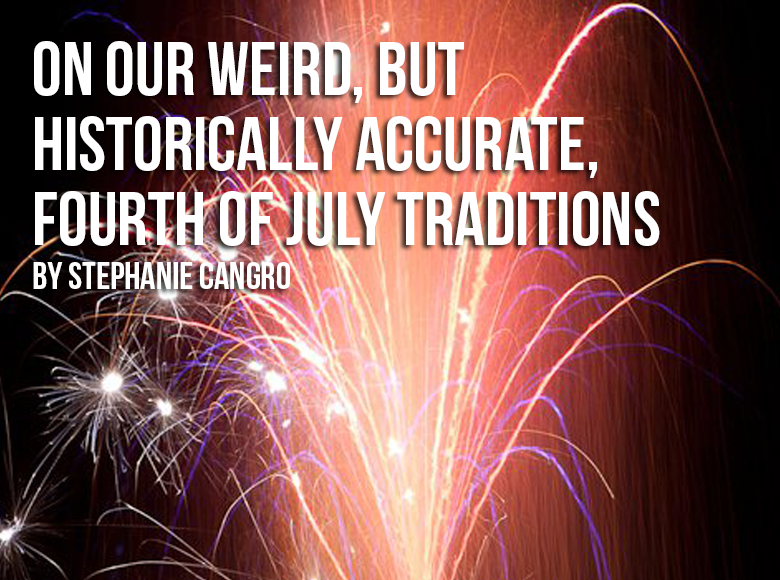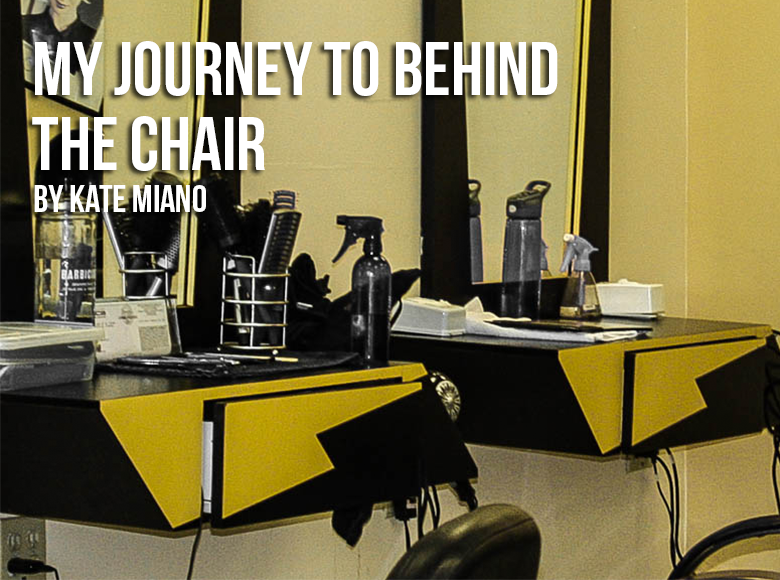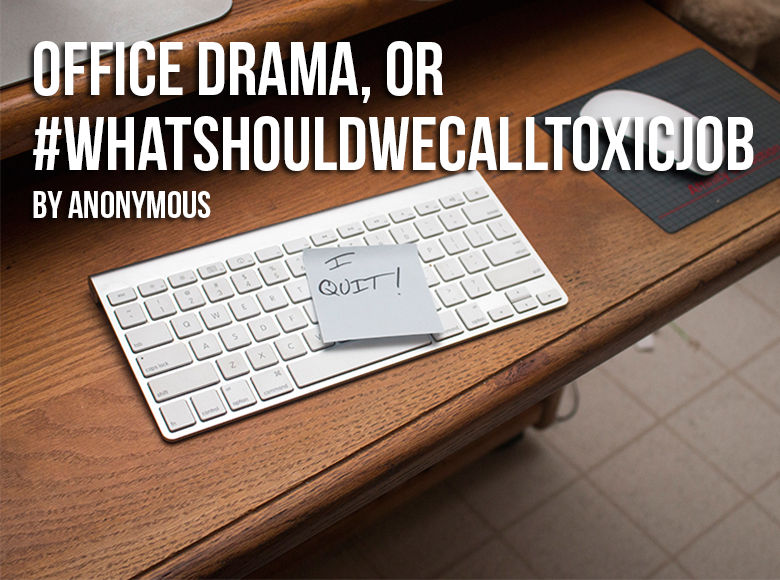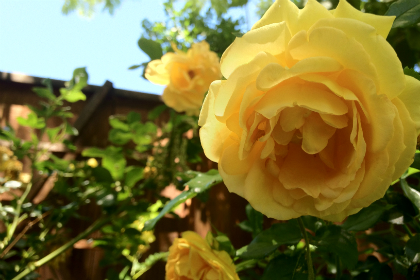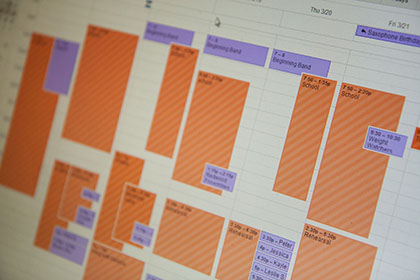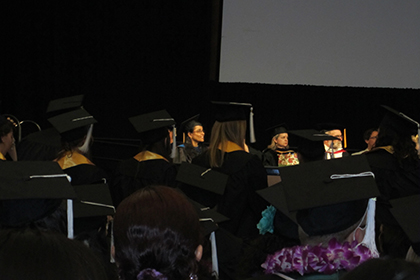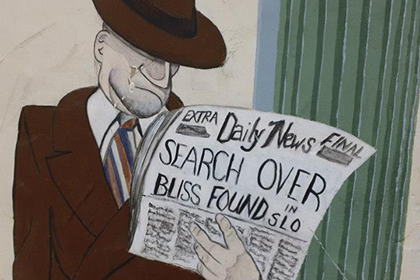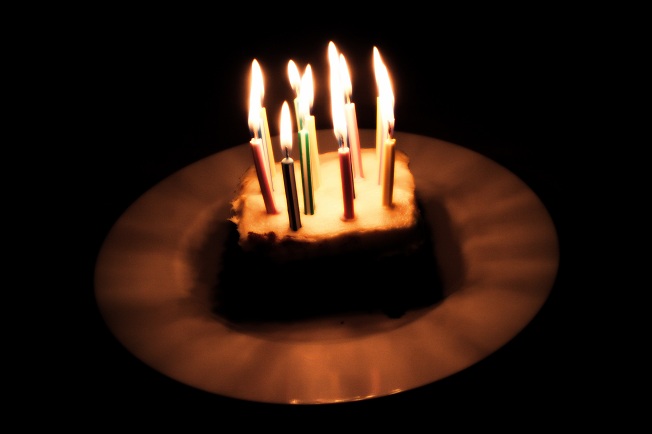After Dr. Brené Brown gave her first TED Talk, about the power of vulnerability, she woke up with a “vulnerability hangover.” She hid in her house for three days, ashamed of confessing that she’d had a “breakdown” to the over 500 attendees. Knowing her video was headed for the Internet, she told a friend she anticipated another couple hundred people seeing her admission but, “If 500 turns into 1000 or 2000, my life is over.” Her talk has since been watched over 12 million times.
[ted id=1042]
When I think about vulnerability, I imagine something raw and tender. The kind of thing I might boast about embracing but, more often, actually find myself cowering from. When I watch a TED Talk like Brené’s, or read some quotes on Tumblr, I think, “YES! That sounds amazing! I am going to start being vulnerable right now! I am going to let go of all my insecurities immediately, accept my imperfections, be kind to myself, really let go of who I’ve thought I should be for all these years, and embrace the imperfect reality of who I am!” Boom. Done. I am vulnerable. And yet, just saying the words “imperfect reality of who I am” sets off a wave of discomfort. Because that’s the reality of vulnerability: it can be really uncomfortable.
[box] “To love at all is to be vulnerable. Love anything and your heart will be wrung and possibly broken. If you want to make sure of keeping it intact you must give it to no one, not even an animal. Wrap it carefully round with hobbies and little luxuries; avoid all entanglements. Lock it up safe in the casket or coffin of your selfishness. But in that casket, safe, dark, motionless, airless, it will change. It will not be broken; it will become unbreakable, impenetrable, irredeemable. To love is to be vulnerable.” ― C.S. Lewis [/box]
For most of my life, just like Brené, I thought I could “outsmart” vulnerability—that if I just locked it up in a box, made all the right choices, and checked off all the boxes on my list of impossible expectations, I could be perfect. And, obviously, perfection was, well, perfect and when you’re perfect, there’s no need for vulnerability. If only that was true. But I did not see vulnerability as a strength back then, I saw it as a weakness. A big, undefined, pain causing weakness. And this unknown thing was so scary to my brain that the idea of even exploring it was enough to get me to bury anything tagged “could be painful” so deeply, that once I started searching, it took me almost a year before I was even looking in the right place.
The fear that vulnerability induces in me is the kind of terror that dictates my actions without me even realizing it. So, first, I had to not only recognize, but also accept, that so many of my actions were defenses. As if that wasn’t vulnerable enough, then I had this exposed raw, tender, place that I was supposed to stay with and sit with! Patience in my life before: not fun. Patience while sitting with discomfort caused by vulnerability: excruciating. In her TED Talk, when Brené talks about the “whole-hearted”—the ones who believe that what makes them vulnerable makes them beautiful, that vulnerability is not comfortable or excruciating, just necessary—you need to know that when I started this process, I was not one of them. Whether I was willing to articulate it or not, I was one of the ones who always questioned if I was good enough and I was pretty sure I wasn’t.
[box] “[The whole-hearted] talked about the willingness to say, “I love you” first, the willingness to do something where there are no guarantees, the willingness to breathe through waiting for the doctor to call after your mammogram. They’re willing to invest in a relationship that may or may not work out. They thought this was fundamental.” ― Dr. Brené Brown [/box]
Some of the most seemly confident, happy, and/or successful people can still have this voice in their head that makes them believe, in spite of their “accomplishments,” that they are not good enough. On the outside, I denied that I had low self-esteem. Because, honestly, I didn’t think I did. But that was because I only gave weight to the parts of me that I showed to other people and I didn’t count all the things that I only thought to myself. Look in the mirror and pay attention to your thoughts: Are they kind? Are they accepting? Or do they scan for every flaw? Do they plot how to hide away the things you’re most ashamed of? Do they berate you for not having done more to “fix” something that you consider “wrong”? I was feeding my own insecurities without even knowing they were insecurities. And, worse, I just accepted them as limitations to myself. This was “the way things were” and nothing and no one were ever going to change that. Well, I was right about part of that, no one else was ever going to change the way I saw myself, but I could.
[box] “When you’re raised with the belief that perfection is possible, it’s very hard to let go of that.” – Hannah “Harto” Heart [/box]
Alright, so finally I start digging up my insecurities, I acknowledge them with a curt head nod, and I start trying to sit with them in a very large room (in which I do my best to never directly look them in the eye, because, ow.) Finally, we get closer, we’re not cuddling on the couch or anything, but we’ve started having marginally polite conversations, and then I realize it’s not enough to be aware and sit with my insecurities by myself, to really heal, I have to accept them: out loud. I have to let them be seen by others.
Terror doesn’t come close to describing how I feel about doing this. Because this is not the kind of “being seen” where I get to admit my flaws and then get patted on the back with some reassuring comment to make me feel better. This is the “being seen” where I admit them to a large room full of people and then we all just sit there awkwardly in silence together. Not because it’s awkward, or shameful, or even anything revelatory that they are seeing, but because I am so scared of the risk, I create my own fear-fueled reality. But when I figured out that I was actually sitting in the middle of a boisterous vulnerability party and my shame was just sitting on top of the mute button, every thing changed. Of course this also required something else I had been in denial of: the ability to really trust. Because finding self-confidence in your imperfections requires a kind of trust in yourself and others that is not the kind of trust you give your friends when you tell them about that one time you waited outside a hotel to stalk the Jonas Brothers in college, but the kind of trust that is choosing to go on television, naked, to do an interview in which you willingly hand over a flashlight and say, “Please, examine me.” And I do mean choosing, because that was my turning point with vulnerability, when I realized no one was going to roll out a red carpet and escort my vulnerability to the party. That I was going to have to drag her out myself, sometimes kicking and screaming, every day, for the rest of my life.
[box] “We can let the circumstances of our lives harden us so that we become increasingly resentful and afraid, or we can let them soften us and make us kinder and more open to what scares us. We always have this choice.” — Pema Chödrön [/box]
Vulnerability is a choice. It’s about making the choice to accept my imperfections, my mistakes, my failures, even when it really stings, when all I want to do in the face of criticism is launch into one of my “Whatever, you’re wrong!” or “OMG, I’ve failed at everythinggg” monologues. When going on Facebook to complain seems like so much more fun than apologizing, when sending an angry and defensive email makes us feel better than admitting that maybe the other person is actually right. It’s never starting a thought with, “I know I said I was going to be vulnerable, and that I need to sit with this discomfort, but that sucks and it is uncomfortable, and I don’t want to feel this, so just this once…” It’s not seeking out a drug hit of sympathy from someone by making sure, “You still love me, right?” It’s not justifying my mistakes so that I can make them again. It’s not going numb in an attempt to forget, ignore, or deny. As Brené says: we cannot selectively numb emotion. If we numb out pain, grief, shame, disappointment, we also numb our happiness, gratitude, and joy. That’s why taking a risk is such a vulnerability, because the inherent definition of a risk is that there is no certainty, and without certainty, we risk failure. And vulnerability is all about embracing your successes and your failures. It’s actually being yourself in the face of possibly losing everything because of it.
[box] “To let ourselves be seen, deeply seen, vulnerably seen; to love with our whole hearts, even though there’s no guarantee, to practice gratitude and joy in those moments of terror, when we’re wondering, ‘Can I love you this much? Can I believe in this this passionately? Can I be this fierce about this?’ just to be able to stop and, instead of catastrophizing what might happen, to say, ‘I’m just so grateful, because to feel this vulnerable means I’m alive.’ — Dr. Brené Brown [/box]
There’s an ancient Japanese art form, called Kintsukuroi, that repairs pottery with gold or silver lacquer with the understanding that the piece is more beautiful for having been broken. That’s the biggest truth of all this. I still do not have this figured out. I will probably never have it all figured out. I will succeed and fail at vulnerability, and in life, again and again and again. The point it not to actually figure it out but to make the choice to go on that journey, to be broken and put back together. So I am trying, and stumbling, and trying again. And even when I fall into my old patterns, and cycle through the same loops, I just remember that it’s not about the loop, it’s about how much more quickly I can get out of it. And every time I make that choice, as hard as it can be in the moment, I always look back and feel better, stronger, and more alive than I ever did before.
[box] “It is not the critic who counts; not the man who points out how the strong man stumbles, or where the doer of deeds could have done them better. The credit belongs to the man who is actually in the arena, whose face is marred by dust and sweat and blood; who strives valiantly; who errs, who comes short again and again, because there is no effort without error and shortcoming; but who does actually strive to do the deeds; who knows great enthusiasms, the great devotions; who spends himself in a worthy cause; who at the best knows in the end the triumph of high achievement, and who at the worst, if he fails, at least fails while daring greatly, so that his place shall never be with those cold and timid souls who neither know victory nor defeat.” — Theodore Roosevelt [/box]
If you’re interested in reading more about these ideas, I strongly encourage you to go read all the Pema Chödrön you can get your hands on (apparently the Buddhists have had this vulnerability thing figured out for over 2,000 years) and watch Brené’s other TED Talk, about listening to shame. Brené has also written several books that I have yet to read but are waiting for me on my bookshelf. Or just go watch Love Actually.

Photo by Remi Coin
